








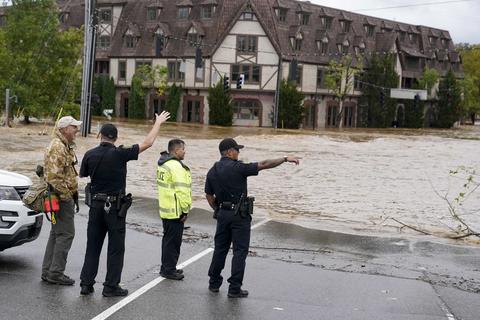
1.
HURRICANE HELENE HITS BROADBAND
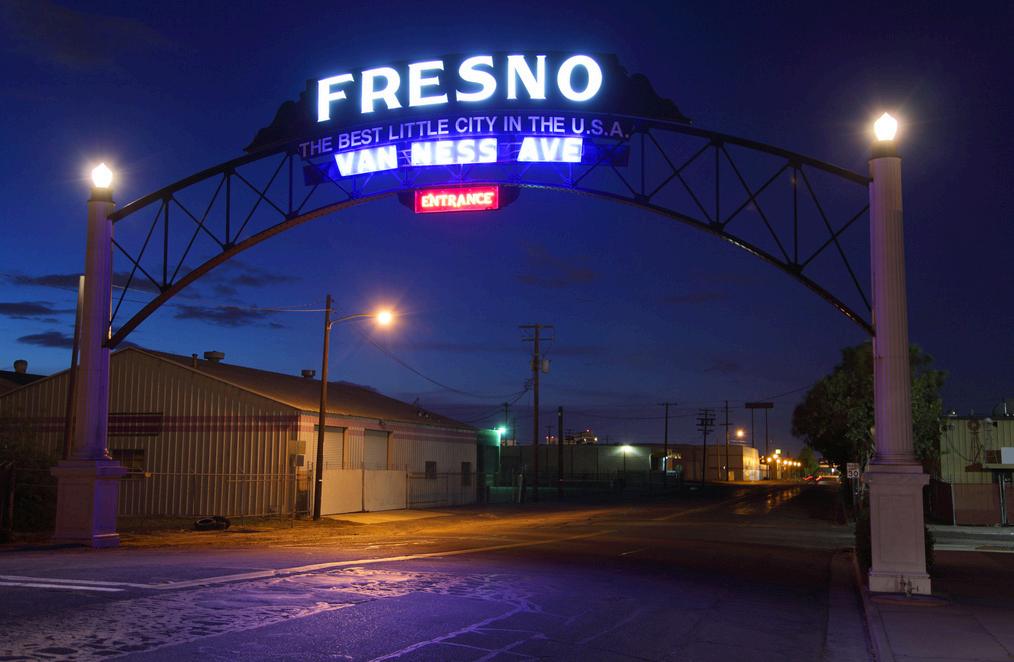
WHAT A TEAM UP BETWEEN NTIA AND THE CENSUS BUREAU MEANS FOR LOCAL LEADERS BRIDGING CONNECTIVITY GAPS

IN CASE YOU MISSED IT

3.
NCC JOINS CONGRESSIONAL BRIEFING ON UNLICENSED SPECTRUM
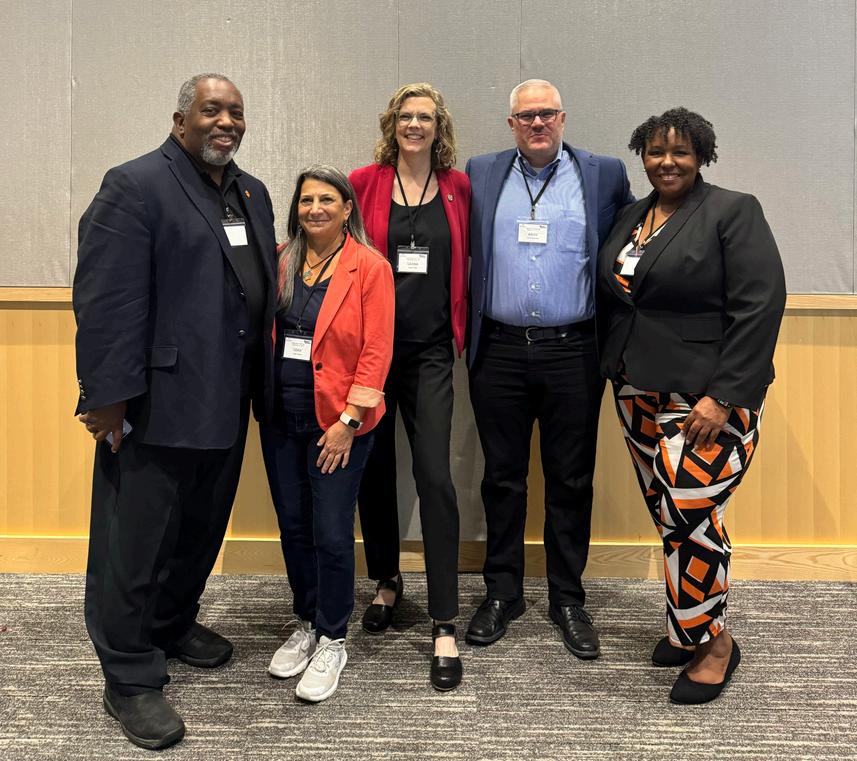
DIGITAL EQUITY IN DURHAM
7.
STACEY BAXTER, PROGRAM MANAGER
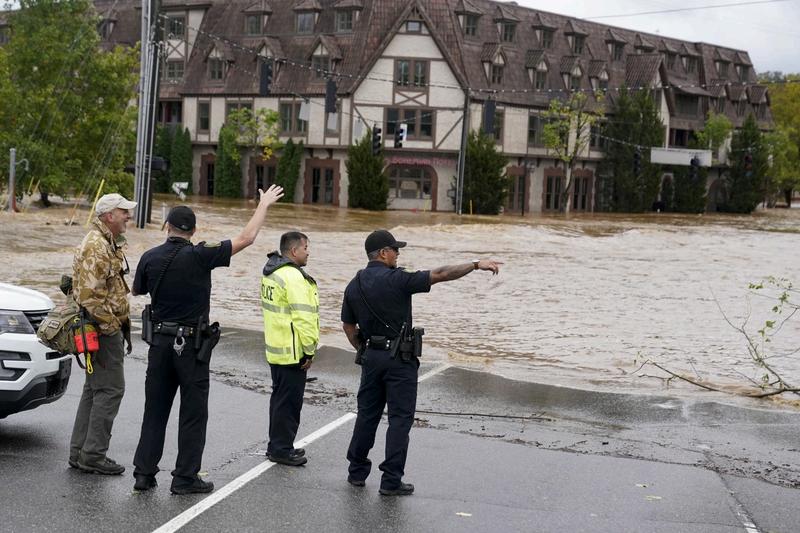
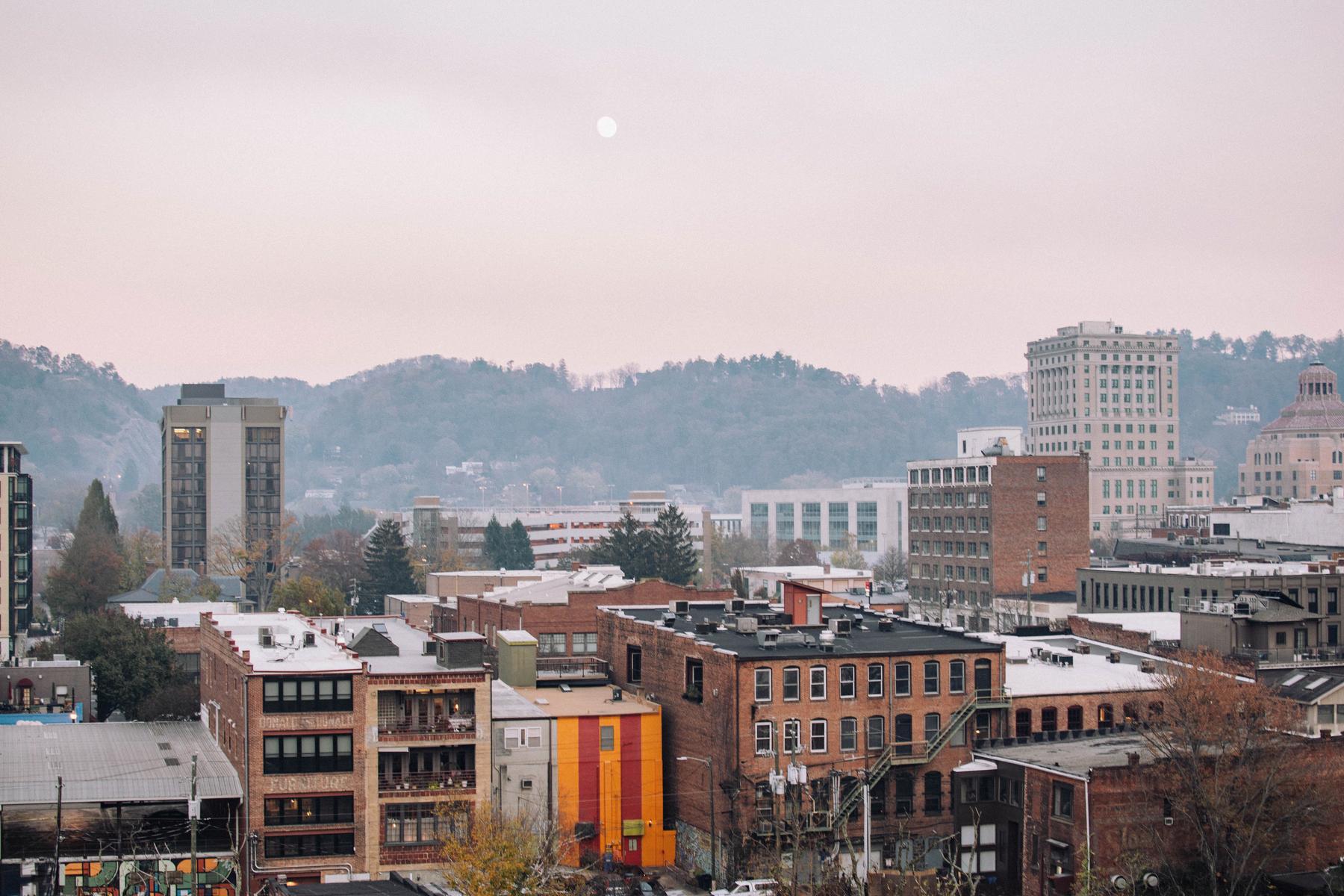
Hurricane Helene hit the east coast of the United States and created devastation in its path Latest reports indicate that death tolls have reached over 130 people, with entire towns being wiped out in its wake
For the individuals and communities who survived the storm, the aftermath of Hurricane Helene has created an insurmountable amount of wreckage Families have lost their homes and entire towns are left stranded without the means to leave or even get help
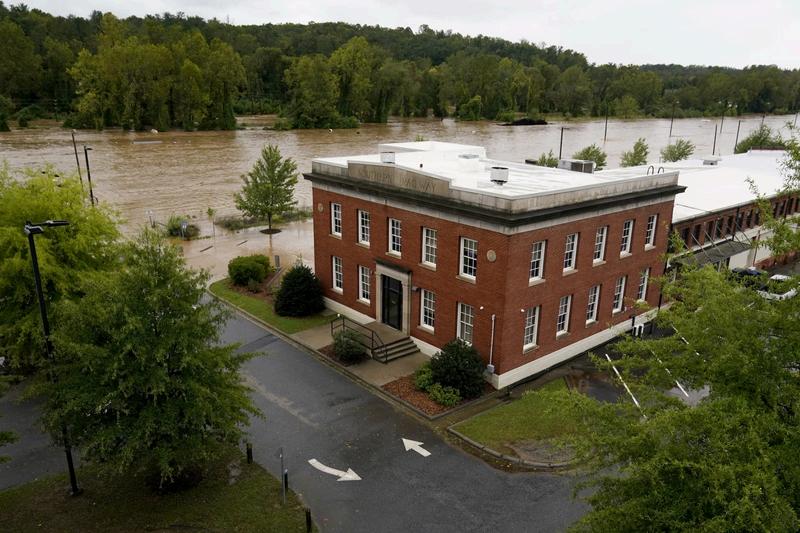
Cities like Asheville, North Carolina have seen some of the most destruction, leaving entire communities without electricity, shelter, or the ability to get basic necessities like food and water, along with communities in Tennessee, South Carolina, Georgia, Florida, and Virginia feeling the wrath of Helene Reports stipulate that over a million homes are without power along the destructive path of Hurricane Helene, creating even more dangerous circumstances for individuals already trying to survive this tragic storm
Environmental disasters such as Hurricane Helene unfortunately highlight the issues of access, infrastructure, and network resiliency as it relates to broadband access
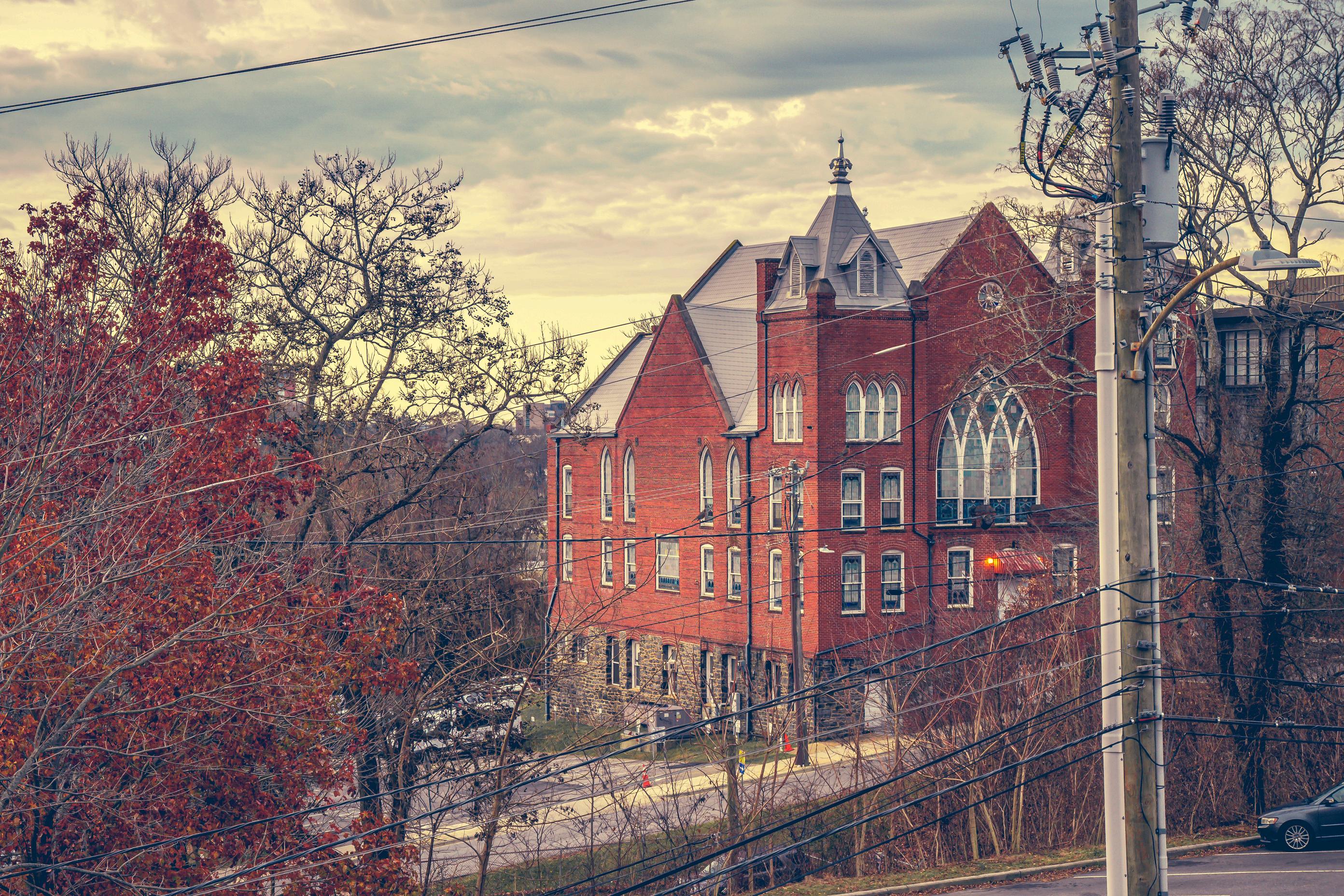
RYAN JOHNSTON, SENIOR POLICY COUNSEL

Unlicensed spectrum powers an incredible number of the devices we all use every day For example, in 2023 it was estimated that the average U S household with Internet access had 17 connected devices. However, spectrum is a finite resource and finding more for unlicensed often means repurposing bands from one use to another.
On September 26, 2024, in conjunction with the release of the paper Assessing the Economic Value of Wi-Fi in the United States, Next Century Cities’ Ryan Johnston joined a congressional briefing panel with representatives from the Wireless Internet Service Providers Association, Hewlett Packard Enterprise, and the Innovation Economy Alliance to discuss the importance of unlicensed spectrum and Wi-Fi
Ryan highlighted that communities nationwide use unlicensed spectrum for a myriad of things Including, public wifi, broadband deployment projects, optimizing emergency response routes, monitoring energy usage, and determining traffic and pedestrian pattern recognition. All of these uses are dependent upon technologies that use unlicensed spectrum and Wi-Fi to talk to one another and the central hub where data is stored and analyzed. Ryan also explained that licensed spectrum and cellular networks are insufficient for communities because of the large costs associated with procuring FCC spectrum licenses.
Finally, Ryan noted that there are an incredible number of municipalities nationwide that are using unlicensed spectrum to help close the digital divide. For example, in September in Boston over 33,000 unique users utilized the city’s public wifi accounting for almost 4 terabytes of data throughput Similarly, in Louisville for the week of September 16, 2024, over 1300 unique users logged on to the city’s public wifi using more than 350 gigabytes of data. Additionally, in NCC’s recent report Broadband Affordability: The Metrics that Drive and Divide Us, authors Corian Zacher and Stacey Baxter show how unlicensed spectrum has helped connect students to their classwork, patients to their doctors, and address broadband affordability.
As the Commission and NTIA look to further the National Spectrum Strategy, both agencies should keep in mind the critical work cities are doing. Making more unlicensed spectrum available can supercharge these efforts and help accelerate closing the digital divide.
Communities nationwide use unlicensed spectrum for a myriad of things. Including, public wifi, broadband deployment projects, optimizing emergency response routes, monitoring energy usage, and determining traffic and pedestrian pattern recognition
Fresno, CA
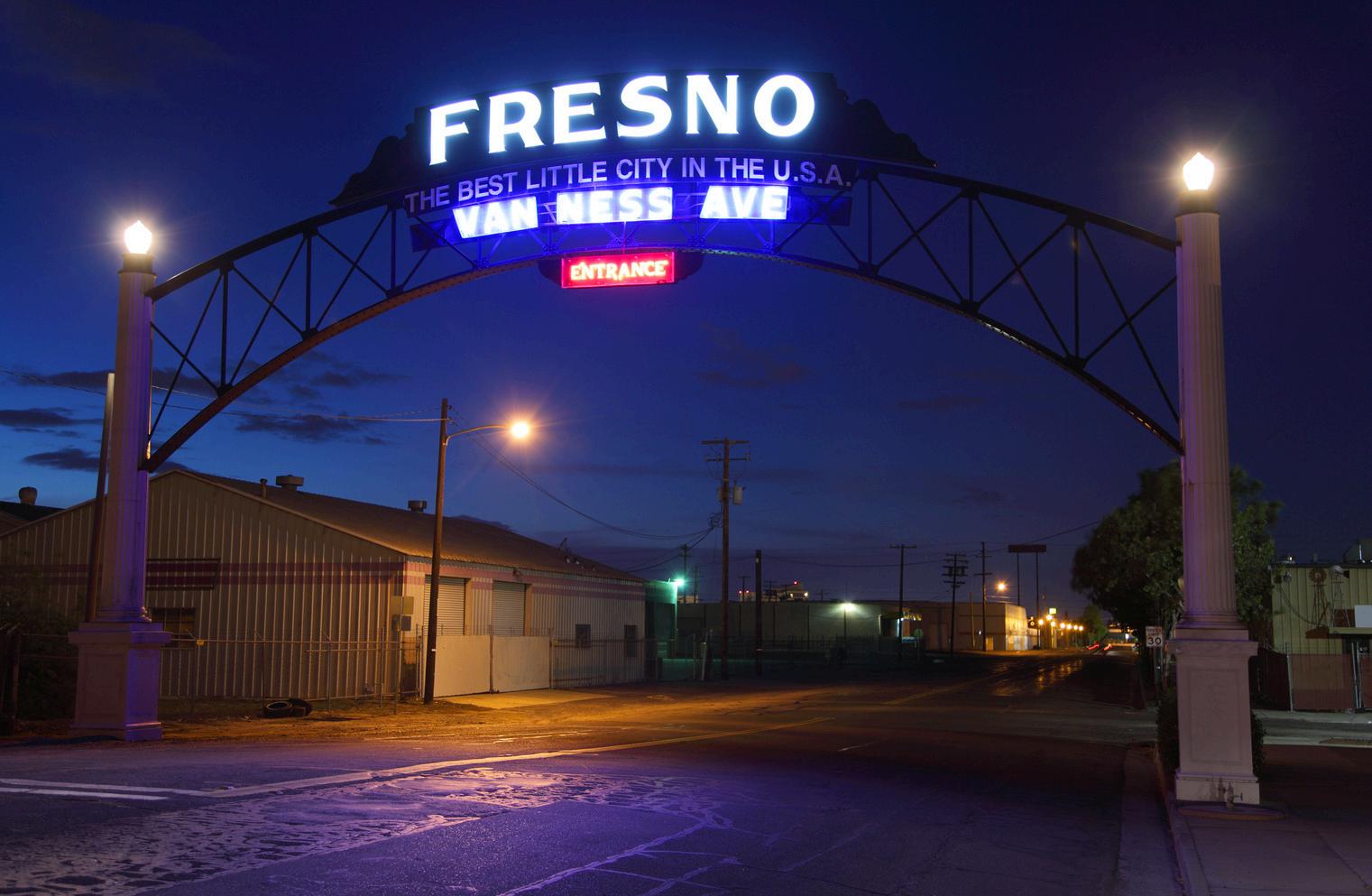
CORIAN ZACHER, SENIOR POLICY COUNSEL
Community leaders nationwide rely on accurate local data about Internet access and adoption
Detailed information about where infrastructure is and which residents lack access is invaluable for improving government service delivery, applying for broadband and digital equity funding, and highlighting local needs for elected officials. Next Century Cities has long called on federal and state partners to provide a clear picture of who persistently remains offline, most recently in our report Broadband Affordability: the Metrics that Drive and Divide Us
Bill Callahan with Connect Your Community analyzed recently released Census data, which show that several of the most disconnected communities in 2019 are among the most improved cities for wireline broadband.
Detroit, MI


NCC member communities that made the list, including Detroit, Michigan; Arlington, Virginia; and Fresno, California, have invested in exemplary community-centered solutions for connecting residents.
The National Telecommunications and Information Administration (NTIA) and U S Census Bureau partnered on a project to better understand the number of residents with a broadband subscription in each community. In September 2024, the agencies released the first iteration of Local Estimates of Internet Adoption (Project LEIA). Using data from 2022, the Census Bureau combined results from the American Community Survey, Federal Communications Commission, and small area estimation modeling techniques to estimate the number of residents with and without a broadband connection. An interactive map showcases data by county and the data sets are also available for download.
NTIA is accepting comments on the methodology used in Project LEIA and plans for future expansion. You can read the Request For Comment and submit your feedback to NTIA by October 15, 2024. NCC members interested in submitting comments can contact Corian Zacher, corian@nextcenturycities.org for support.
Additional Resources:
Broadband Mapping Resources
Broadband Mapping Across the US: Local, State, and Federal Methods & Contradictions
Detailed information about where infrastructure is and which residents lack access is invaluable for improving government service delivery, applying for broadband and digital equity funding, and highlighting local needs for elected officials
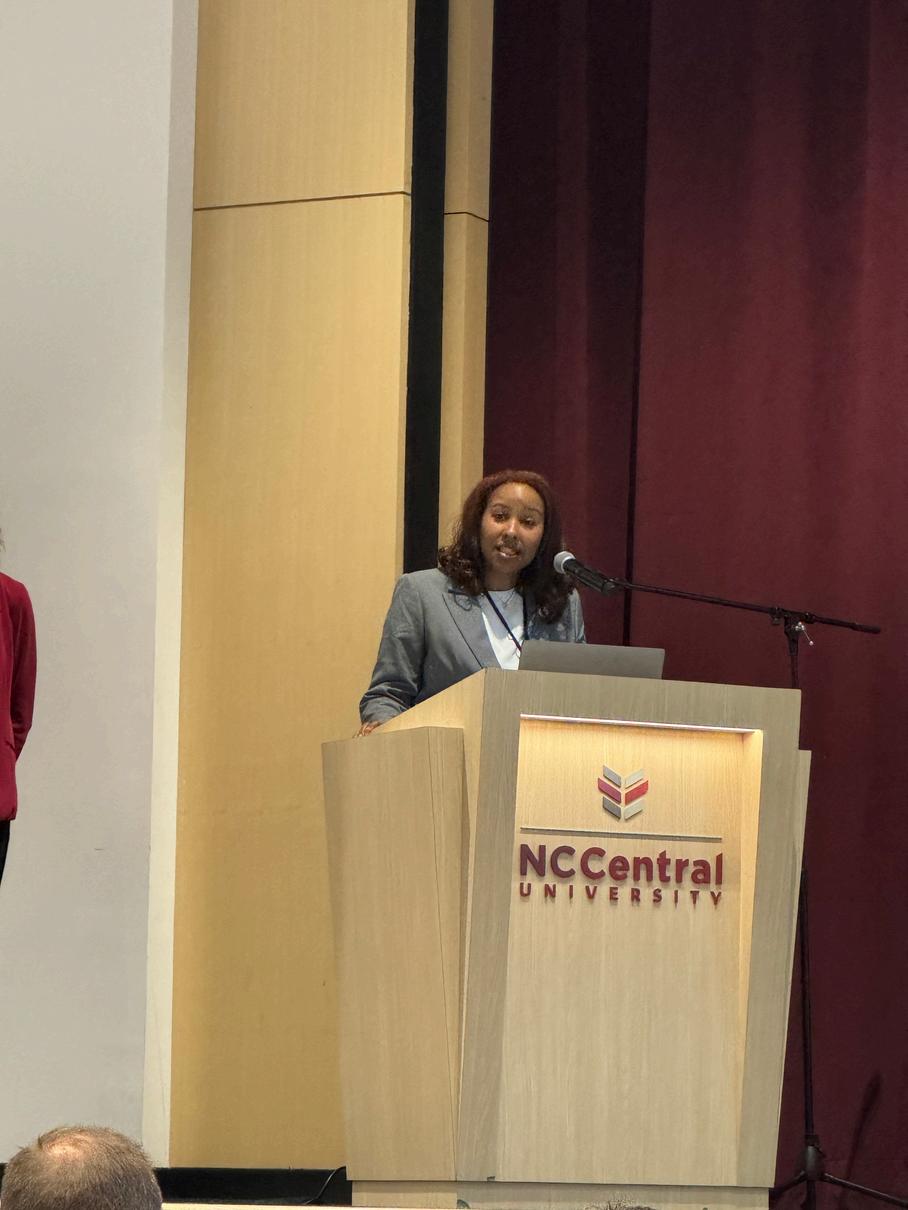
ANDY STUTZMAN, EXECUTIVE DIRECTOR
L: Annette Taylor, North Carolina’s Director of Digital Equity and Inclusion
Meeting local leaders with a passion for their community is one of my favorite aspects of working with Next Century Cities I recently had the privilege of speaking at Digital Durham’s Digital Equity Leadership Program Town Hall at North Carolina Central University. The event, organized by Digital Durham board members Leah Kraus and Laura Fogel, was a fantastic success with more than 140 registrants.
The program, led by Dr Tricia Townsend, included remarks from Mayor Leonardo Williams, local organizations like the Kramden Institute, and from Annette Taylor, North Carolina’s Directory of Digital Equity and Literacy, providing the state perspective. I was invited to offer a national overview; informing the local audience of national policy issues and updates to current BEAD approvals and funding. Mayor Williams announced that Digital Durham will be allocated $493,000 in American Rescue Plan Act (ARPA) funding to provide digital inclusion services in the city to improve digital skills and reduce the inequities of the digital divide.
R: Andy Stutzman with Leah Kraus, Laura B Fogel, Dr. Tricia Townsend, and Bobby Clark
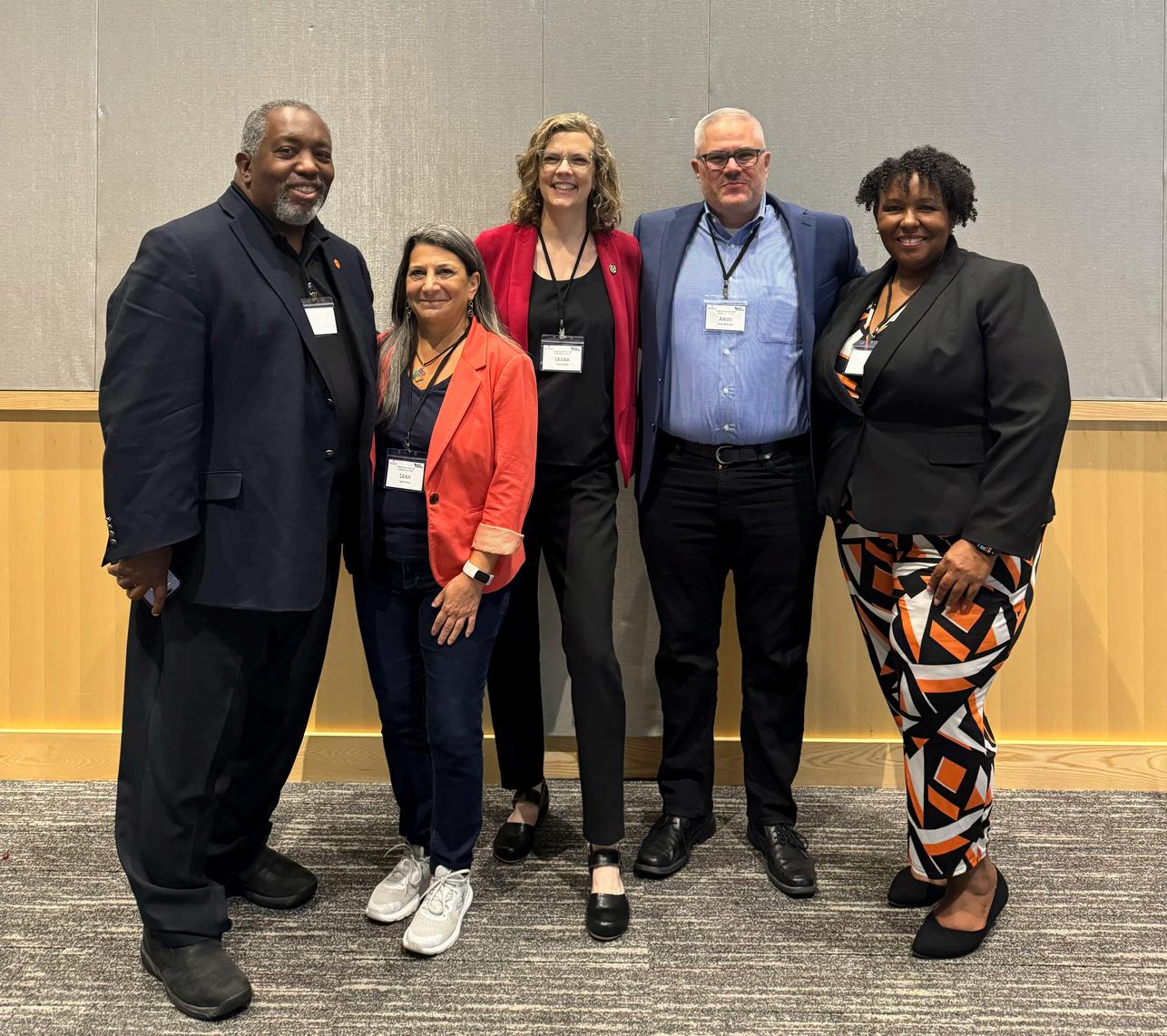
The event was highly focused on NCCU’s Digital Equity Leadership Program. Community partners shared their perspectives on the various needs of the community and highlighted current initiatives and included an overview of a recent community survey
Digital Durham was founded in 2016 by local librarians who had a front-line view of the city’s digital equity needs. As a volunteer-led digital equity coalition, they have been active in advocating for digital skills programming, device access, and the need for community collaboration. In 2021 they worked closely with the community and city government to create the first Digital Equity Plan for Durham
From my experience leading a digital equity coalition, and interacting with multiple coalitions from across the country, Digital Durham stands out as an example for communities to follow. The commitment from an engaged volunteer-led board, the active involvement of local government, and the involvement of local non-profit organizations like the Kramden institute are the ingredients of a thriving digital equity coalition. These tenets have created the perfect foundation for them to grow using the ARPA funding.
While attending the town hall event, I made two other insights that highlighted the signs of a healthy digital equity coalition and ecosystem The first was Digital Durham’s initial efforts to collect data and perform a needs assessment. Seeking data to better understand the community you're serving is critical and will assist in understanding which areas of the city need the most assistance, who your stakeholders are, and what type of programming is most necessary Secondly, the attendance of local community members at the town hall was a welcome sight As a non-profit organization, especially a volunteer-led group, it’s easy to just focus on the partnerships and other leaders in the community and not include the people you’re actually serving. Active involvement from community members will only improve the work of a digital equity coalitions
Digital equity coalitions are all unique, but there are a few areas that create a solid foundation for success. Digital Durham is an excellent example for other coalitions to follow. I look forward to continuing our work with them and watching as they continue to grow and serve their community
Lastly, I’d be remiss to leave out that Digital Durham has been a long time member of the National Digital Inclusion Alliance and utilized the resources available on their website and through their community meetings. We encourage other coalitions to become a member of NDIA and be part of the growing community of digital equity professionals
NCC’s Corian Zacher and Stacey Baxter hosted a webinar to dive into their recent research, Broadband Affordability: The Metrics that Drive and Divide Us.
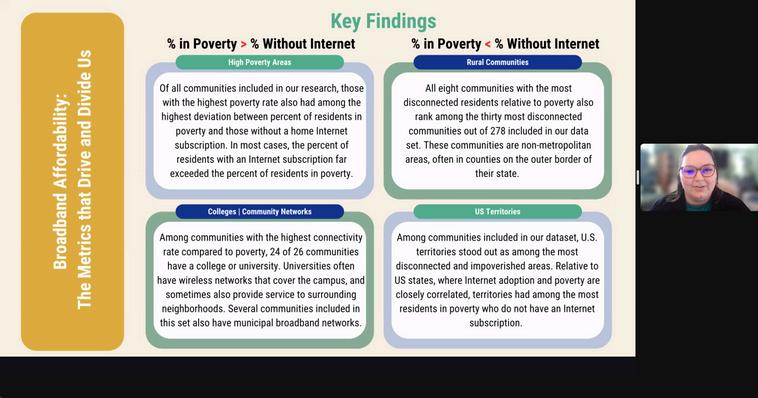

Stacey Baxter presented the duo’s work at the 52nd annual Telecommunications Policy Research Conference held at American University in Washington, DC.